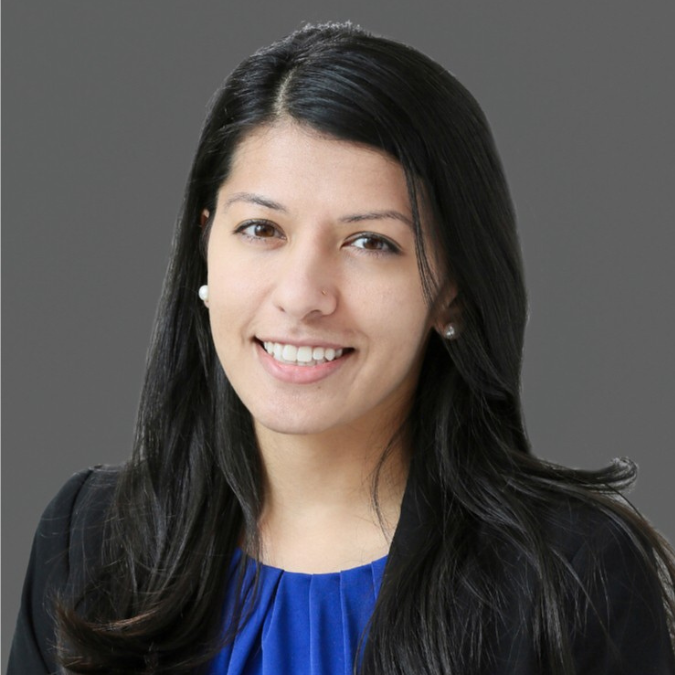The Teaching Reading for Multilingual Learners of English Workshop aligns well with the WIDA English Language Development (ELD) Standards Framework, which is designed to support multilingual learners in K-12 education. This workshop specifically supports the following WIDA standards:
1. WIDA ELD Standard 1: Language for Social and Instructional Purposes
This standard focuses on how students interact socially to build community and establish working relationships with peers and teachers in ways that support learning. The workshop's focus on "Classroom Routines for Participation" (Day 5) directly supports this standard by helping teachers create environments where multilingual learners can engage meaningfully.
2. WIDA ELD Standard 2: Language for Language Arts
This standard addresses how English language learners communicate information, ideas, and concepts necessary for academic success in language arts. The workshop's emphasis on "Celebrating Multiliteracies" (Day 1), "Science of Reading and Multilingual Learners" (Day 2), and "Scaffolding Comprehension" (Day 4) all directly support this standard by focusing on reading development.
3. All Content Area Standards (Standards 2-5)
The workshop aligns with WIDA's approach of "creating learning environments and designing instructional strategies that leverage MLs' unique perspectives and experiences to foster deeper understanding and engagement in reading." This supports not just the language arts standard but potentially all content area standards (Language for Mathematics, Science, and Social Studies) as reading comprehension strategies can be applied across disciplines.
Core WIDA Principles Addressed by the Workshop
The workshop also aligns with several key principles from the WIDA framework:
- Asset-Based Approach. The workshop emphasizes "leveraging your learners' existing knowledge across languages" and helping students "take pride in their home languages and see them as assets in their learning journey," which aligns perfectly with WIDA's Can Do Philosophy that recognizes the totality of a student and emphasizes what multilingual learners know rather than what they don't know.
- Multilingual Practices. The workshop focuses on fostering "multilingual practices" and "building on students' cultural and linguistic assets," which connects with WIDA's emphasis on encouraging multilingual learners "to leverage their background knowledge in reading and text comprehension."
- Integration of Language and Content. The WIDA framework "represents an evolution of our understanding about how multilingual learners engage with the curriculum, and how educators can work together to build on the assets of all learners." The workshop's comprehensive approach to reading instruction for multilingual learners supports this integration.
- Research-Based Approaches. The workshop's inclusion of "Science of Reading and Multilingual Learners" (Day 2) aligns with WIDA's commitment to "a comprehensive, culturally responsive approach to literacy instruction — one that includes and goes beyond foundational skills and addresses the unique needs of multilingual learners."




